
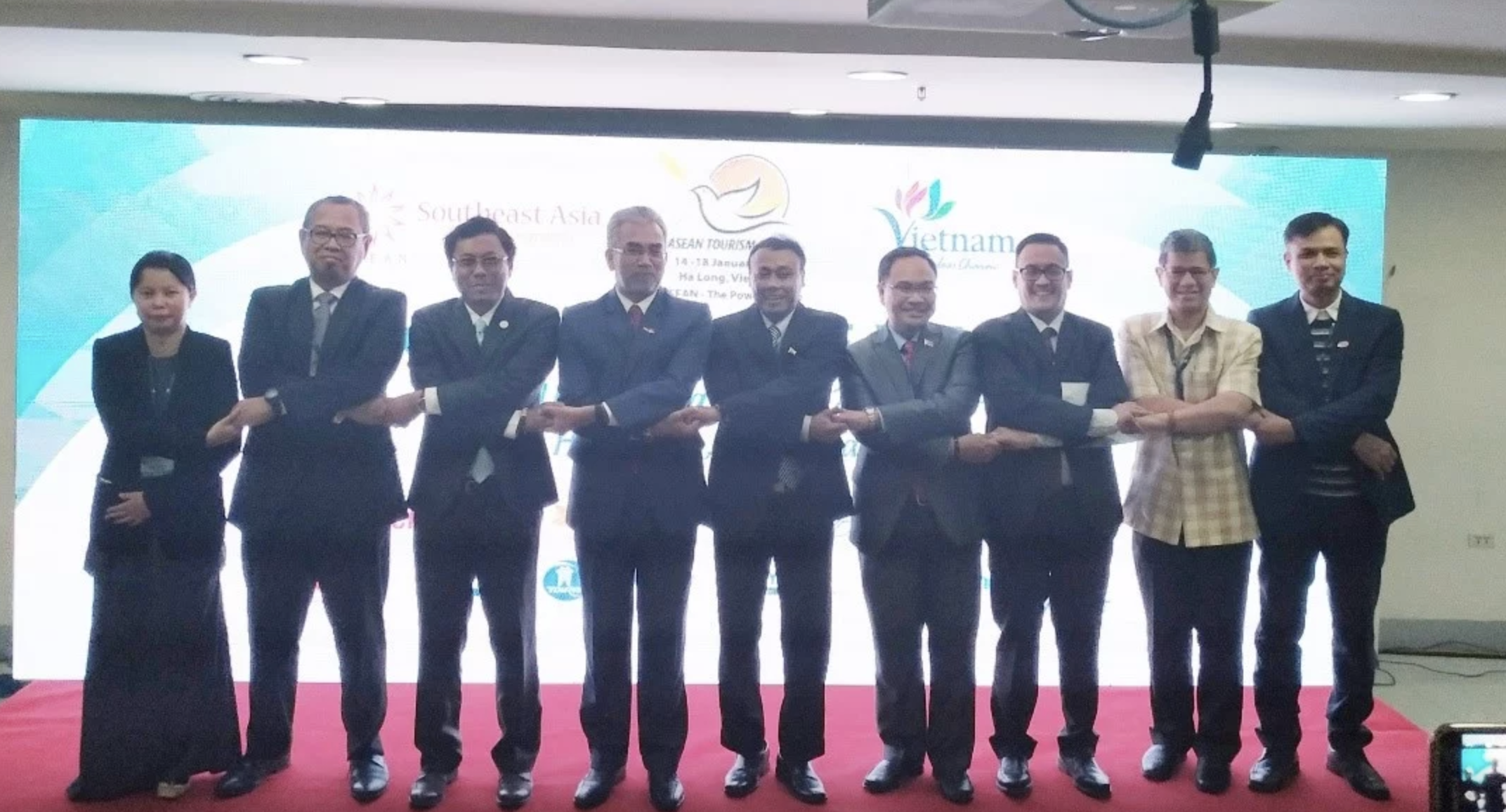
ASEAN Tourism Forum a successful cooperation of 10 nations
The ASEAN Tourism Forum (ATF) is a cooperative regional effort to promote the Association of Southeast Asian Nations (ASEAN) as one tourist destination. This annual event involves all the tourism industry sectors of the 10 member states of ASEAN: Brunei Darussalam, Cambodia, Indonesia, Lao PDR, Malaysia, Myanmar, the Philippines, Singapore, Thailand and Viet Nam.
This year, the event was held in Halong Bay in Viet Nam, and each of the 10 ASEAN countries utilized the Forum to highlight their focus areas.eTN Chatroom: Discuss with readers from around the world:
The Member States agreed that they must continue to collectively innovate and seek meaningful initiatives to increase tourism growth while retaining the heritage, tradition, and identity that makes the region unique for future generations.
Member state Brunei, officially the Sultanate of Brunei Darussalam, is also known as the Abode of Peace, which is the Arabic translation for Darussalam. It focused on the 2020 ATF for which the theme will be: ASEAN – together towards a next generation of travel. Minister Apong, the Minister of Primary Resources and Tourism, spoke of the aim of the 2020 event which will reinforce the ASEAN mission and objectives that were set out in 1967.
Indonesia spoke of its strategy to reach 20 million tourists in 2019 through digital tourism, millennial tourism, and nomadic tourism. It wants to develop 10 more islands like Bali, by implementing the 3 “A”s – attraction, amenity, and accessibility with cross-border tourism as a focus.
Malaysia had a strong presence at the Forum, with leadership being present along with 33 sellers. The Desaru Coast, a new integrated resort and one of Malaysia’s most anticipated new tourism developments got prominent exposure, as did Johar for exciting and enjoyable adventures.
The presence of a large gathering at Ha Long Bay was utilized by Cambodia to create greater awareness of the Cambodia Travel Mart (CTM) which is scheduled to be held in Phnom Penh from October 10 to 13, 2019. The CTM will also be the mechanism used to strengthen a tourism cooperation and to push for a tourism promotion within ASEAN and in the region, said Minister of Tourism Thong Khon, inviting delegates to attend the 3rd CTM event.
As the host nation, Vietnam received much attention, and the country went all out to make the event memorable and to tell the world that tourism is very important to them. The country welcomed 15.5 million travelers, a 20 percent increase in arrivals in 2018. Nearly 5 million visitors came from China, a 23.9 percent increase; 3.5 million from Korea, a 30.4 percent increase; 827,000 from Japan, a 3.6 percent increase; and 606,000 from Russia, a 5.7 percent increase, with Germany, France and the UK also showing significant boosts in arrivals.
The International Travel Expo, Ho Chi Minh City (ITE HCMC) 2019, Mekong’s largest travel event, scheduled to be held from September 5 to 7, 2019, was also being marketed at ATF.
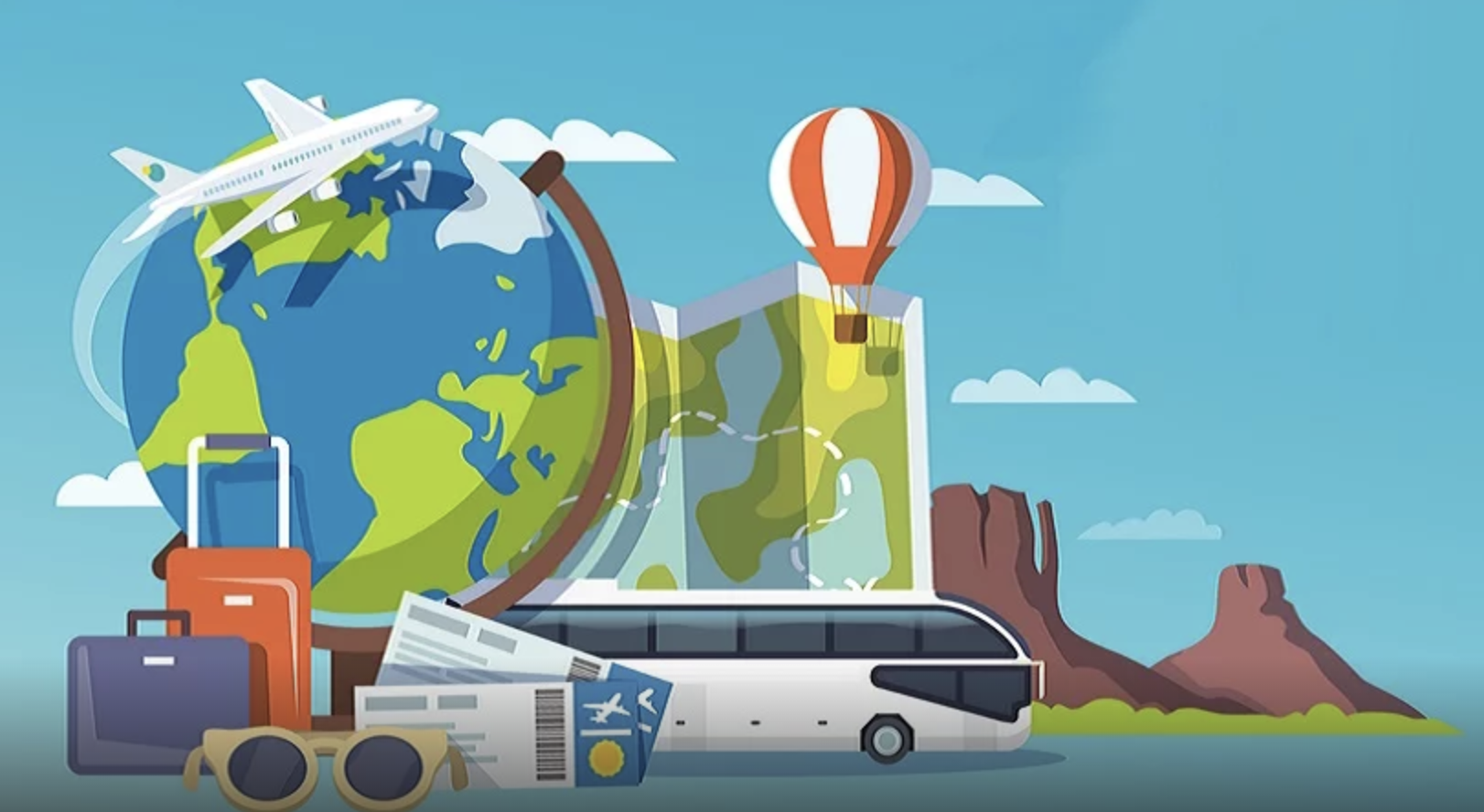
UNWTO: Citizens recognize positive impact of tourism sector
According to the first ever global survey conducted by the World Tourism Organization (UNWTO) and IPSOS, 47% of respondents think ‘they live in cities with a high number of tourists’. Over 50% considers tourism has a positive impact in generating wealth and promoting cultural exchanges, and 49% feel there should be measures to improve tourism management. Only 12% of respondents favor limitations to the number of visitors.
The online survey was conducted across 15 countries and targeted 12,000 people to better understand residents’ perception towards city tourism, its impacts and management strategies.eTN Chatroom: Discuss with readers from around the world:
“Today, adequately managing tourism to the benefit of visitors and residents alike, ensuring that local communities are listened to and benefit from tourism is more important than ever, said UNWTO Secretary-General Zurab Pololikashvili. “There is a pressing need to set a roadmap for urban tourism which is fully aligned with the urban agenda”, he added.
Nearly half of the respondents (47%) think ‘they live in a city with a high number of visitors. Yet, results vary significantly across countries, ranging from 68% in Australia to only 33% in France.
The generation of wealth and income, the creation of intercultural exchanges and of new offers of leisure activities stand out as the biggest impacts on cities. The perception of tourism’s positive impacts is particularly strong in Argentina, Australia, the Republic of Korea, Spain, and Sweden.
For many urban destinations around the world, addressing the challenges of growing tourism demand and adequately managing tourist flows is now a priority. In a similar way, the results show that 49% of respondents feel that there should be measures to better manage tourism. Again, values change significantly by country – from 75% in Argentina to only 24% in Japan.
Of all respondents, over 70% think these measures should focus on improving infrastructure and facilities as well as in creating attractions for both tourists and residents. Only 12% think measures should include the limitation of the number visitors and only 9% considered that tourism promotion should be stopped.
Key findings:
• 47% of respondents think “they live in a city with a high number of tourists visiting”
• The mixed-picture of the perceived impacts rising from urban tourism in the different countries demonstrates the complexity of economic, social and environmental issues faced by destinations today.
• On the positive side, 52% think tourism has a big or moderate impact in generating wealth and income. On the other spectrum, 46% think it “creates overcrowding”.
• 49% of respondents think “there should be measures to manage tourism”
• Respondents are most receptive to the following measures: ‘improve infrastructures and facilities’ (72%), ‘create experiences and attractions that benefit both residents and visitors’ (71%), and ‘ensure local communities benefit from tourism’ (65%).
• Results also show that half of responses emphasized communicating and engaging with local communities (50%) and visitors (48%) as an important measure, whereas only 12% think there should be a ‘limit to the number of tourists’ and only 9% think tourism promotion should be stopped.
The UNWTO / IPSOS survey on was part of the IPSOS Online omnibus (Global@dvisor) December 2018 wave (fieldwork between 21 January 2018 and 14 January 2019.
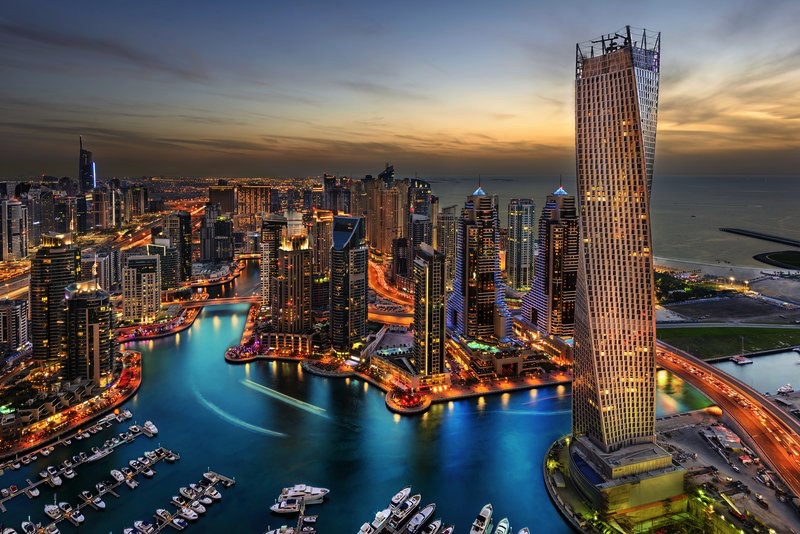
UNWTO: International tourist arrivals reach 1.4 billion two years ahead of forecasts
International tourist arrivals grew 6% in 2018, totalling 1.4 billion according to the latest UNWTO World Tourism Barometer. UNWTO’s long term forecast issued in 2010 indicated the 1.4 billion mark would be reached in 2020, yet the remarkable growth of international arrivals in recent years has brought it two years ahead.
International tourist arrivals up 6% in 2018e
UNWTO estimates that worldwide international tourist arrivals (overnight visitors) increased 6% to 1.4 billion in 2018, clearly above the 3.7% growth registered in the global economy.
In relative terms, the Middle East (+10%), Africa (+7%), Asia and the Pacific and Europe (both at +6%) led growth in 2018. Arrivals to the Americas were below the world average (+3%).
“The growth of tourism in recent years confirms that the sector is today one of the most powerful drivers of economic growth and development. It is our responsibility to manage it in a sustainable manner and translate this expansion into real benefits for all countries, and particularly, to all local communities, creating opportunities for jobs and entrepreneurship and leaving no one behind” said UNWTO Secretary-General Zurab Pololikashvili. “This is why UNWTO is focussing 2019 on education, skills and job creation.”, he added.
UNWTO’s long-term forecast published in 2010 predicted the 1.4 billion mark of international tourist arrivals for 2020. Yet stronger economic growth, more affordable air travel, technological changes, new businesses models and greater visa facilitation around the word have accelerated growth in recent years.
Results by region
International tourist arrivals in Europe reached 713 million in 2018, a notable 6% increase over an exceptionally strong 2017. Growth was driven by Southern and Mediterranean Europe (+7%), Central and Eastern Europe (+6%) and Western Europe (+6%). Results in Northern Europe were flat due to the weakness of arrivals to the United Kingdom.
Asia and the Pacific (+6%) recorded 343 million international tourist arrivals in 2018. Arrivals in South-East Asia grew 7%, followed by North-East Asia (+6%) and South Asia (+5%). Oceania showed more moderate growth at +3%.
The Americas (+3%) welcomed 217 million international arrivals in 2018, with mixed results across destinations.
Growth was led by North America (+4%), and followed by South America (+3%), while Central America and the Caribbean (both -2%) reached very mixed results, the latter reflecting the impact of the September 2017 hurricanes Irma and Maria.
Data from Africa points to a 7% increase in 2018 (North Africa at +10% and Sub-Saharan +6%), reaching an estimated 67 million arrivals.
The Middle East (+10%) showed solid results last year consolidating its 2017 recovery, with international tourist arrivals reaching 64 million.
Growth expected to return to historical trends in 2019
Based on current trends, economic prospects and the UNWTO Confidence Index, UNWTO forecasts international arrivals to grow 3% to 4% next year, more in line with historic growth trends.
As a general backdrop, the stability of fuel prices tends to translate into affordable air travel while air connectivity continues to improve in many destinations, facilitating the diversification of source markets. Trends also show strong outbound travel from emerging markets, especially India and Russia but also from smaller Asian and Arab source markets.
At the same time, the global economic slowdown, the uncertainty related to the Brexit, as well as geopolitical and trade tensions may prompt a “wait and see” attitude among investors and travelers.
Overall, 2019 is expected to see the consolidation among consumers of emerging trends such as the quest for ‘travel to change and to show’, ‘the pursuit of healthy options’ such as walking, wellness and sports tourism, ‘multigenerational travel’ as a result of demographic changes and more responsible travel.
“Digitalization, new business models, more affordable travel and societal changes are expected to continue shaping our sector, so both destination and companies need to adapt if they want to remain competitive”, added Pololikashvili.

UNWTO Activities at FITUR 2019
UNWTO Activities at FITUR 2019
- Inauguration of a tourism innovation hub
- The final stage of the 1st UNWTO Tourism Startup Competition
- The 10th Edition of The Tourism Investment and Business Forum for Africa
- Understanding the success of Asian Tourism
Madrid, Spain, 17 January – These will be among the activities led by the World Tourism Organization (UNWTO) during the 39th edition of the International Tourism Trade Fair in Madrid (FITUR, 23-27 January), the first of the world’s major annual tourism events.
A new activity this year is the inauguration of a global tourism innovation hub, highlighting the UNWTO’s role in and commitment to innovation. Furthermore, the awards ceremony of the 1st UNWTO Tourism Startup Competition will be held in partnership with Globalia, the leading tourism group in Spain and Latin America. This competition, the first and largest initiative of its kind in the world, is aimed at identifying the new companies that will lead the transformation of the tourism sector and the promotion of innovation ecosystems through tourism.
Celebrating its tenth edition, the Tourism Investment and Business Forum for Africa (INVESTOUR) has consolidated itself as the annual event that brings together numerous tourism ministers of the region and investors to discuss the opportunities that the sector can offer the continent. Organized jointly by the UNWTO, FITUR and Casa África, this year’s sessions will be structured around two main themes: “Safe and Seamless Travel in Africa: Fostering Resilience and Risk Management in the Tourism Sector” and “Embracing Digital Transformation, Innovation and Promoting Niche Tourism Products”.
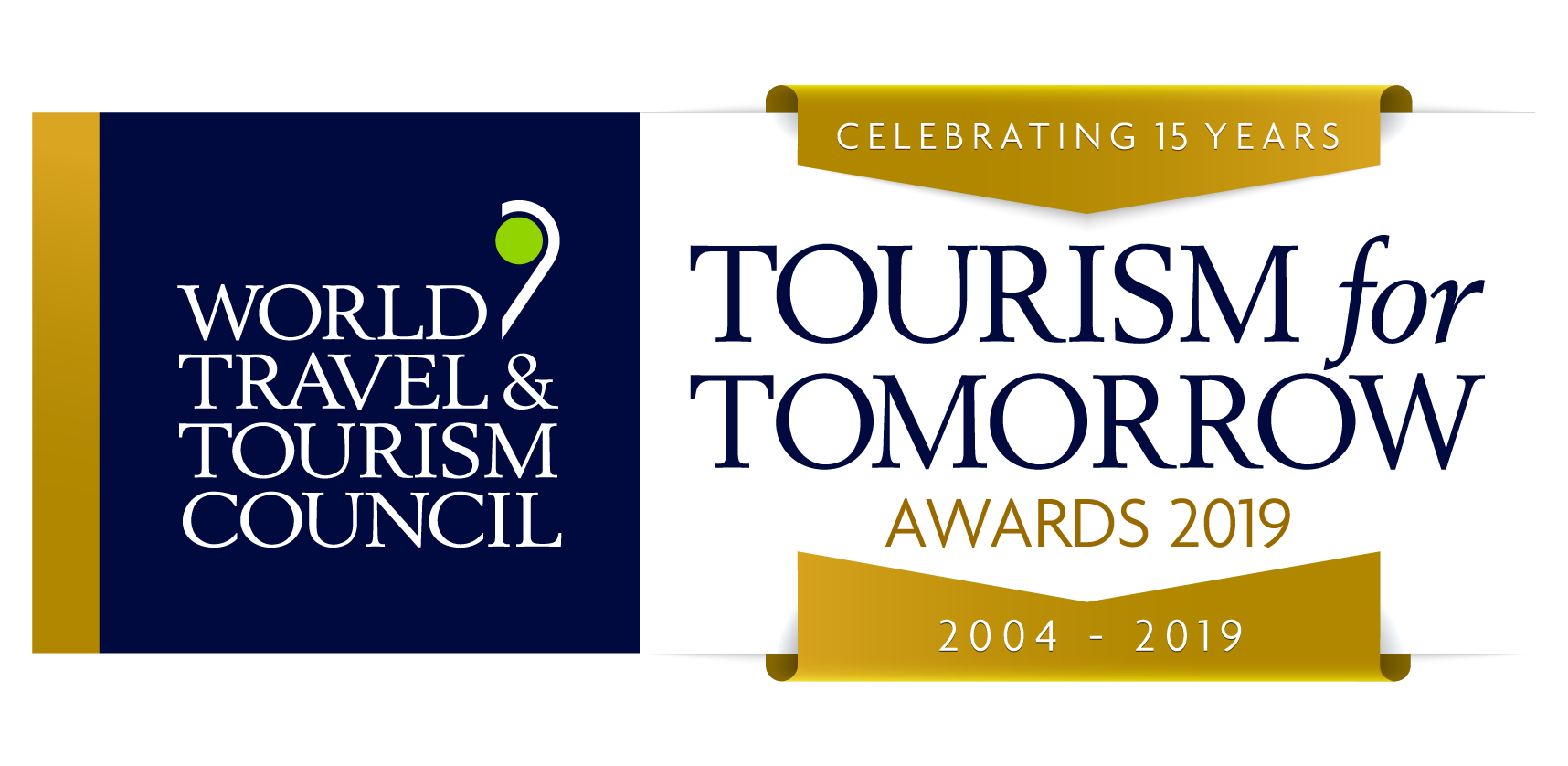
The World Travel and Tourism Council announces 2019 Tourism for Tomorrow Awards finalists
The World Travel and Tourism Council (WTTC) is delighted to announce the 15 finalists for its 2019 Tourism for Tomorrow Awards. The 2019 finalists are organised into the following new categories: Climate Action, Investing in People, Destination Stewardship, Social Impact and Changemakers.
The Changemakers Award will put a special spotlight on fighting the illegal wildlife trade through tourism, an issue that is also a focus of WTTC with its Buenos Aires Declaration on Illegal Wildlife Trade launched last year.
The WTTC Tourism for Tomorrow Awards, now in their fifteenth year, showcase business practices of the highest standards that balance the needs of ‘people, planet and profits’ within the Travel & Tourism sector.
All 15 finalists illustrate a strong commitment to supporting change, transformation in business practices and consumer behaviour towards a more environmentally conscious sector.
Following a rigorous three-phase judging process, which includes an onsite evaluation, winners of the 2019 Tourism for Tomorrow Awards will be announced during the awards ceremony at the 19th WTTC Global Summit in Seville, Spain from 2 – 4 April 2019.
Gloria Guevara, President & CEO of WTTC, said, “This year’s Tourism for Tomorrow Awards shine the spotlight on those organisations which are leading the way in sustainable Travel & Tourism. They reflect WTTC’s Strategic Priorities of Climate Action, Destination Stewardship, Future of Work, and Social Responsibility. I am delighted that in this 15th anniversary year, we are particularly highlighting initiatives which are combatting the illegal wildlife trade, in line with the WTTC Buenos Aires Declaration which was launched in April 2018.
“As pioneers in the world of Travel & Tourism I applaud all these finalists on their business philosophies and encourage the wider sector to look to them as leading examples for the future of sustainable travel.”
Awards Lead Judge, Prof. Graham Miller, Executive Dean and Professor of Sustainability in Business, Faculty of Arts and Social Sciences at the University of Surrey said, “The shortlisted projects and businesses demonstrate community development, sustainable employment practices, female empowerment, innovative environmental technology and protection of land and marine wildlife as well as positively contributing to the broader Sustainable Development Goals. Their efforts in these areas are a beacon to the rest of the travel sector in signalling the way to a more sustainable world.”
The finalists of the 2019 WTTC Tourism for Tomorrow Awards, which is headline sponsored by AIG Travel for the fourth year are:
Climate Action Award, for organisations undertaking significant and measurable work to reduce the scale and impact of climate change:
· Bucuti & Tara Beach Resort, Aruba
· The Brando, Tetiaroa Private Island, Tahiti
· Tourism Holdings Limited, New Zealand
Investing in People Award, for organisations demonstrating leadership in becoming an exciting, attractive, and equitable employer in the sector:
· Lemon Tree Hotels Limited, India
· Reserva do Ibitipoca, Brazil
· Shanga by Elewana Collection, Tanzania
Destination Stewardship Award, for organisations helping a place to thrive and bring forward its unique identity for the benefit of its residents and tourists:
· Grupo Rio da Prata, Brazil
· Masungi Georeserve, Philippines
· St. Kitts Sustainable Destination Council, St. Kitts and Nevis
Social Impact Award, for organisations working to improve the people and places where they operate:
· Awamaki, Peru
· Intrepid Group, Australia
· Nikoi Island, Indonesia
Changemakers Award, this year focused on organisations fighting the illegal wildlife trade through sustainable tourism:
· Kelompok Peduli Lingkungan Belitung (KPLB), Indonesia
· SEE Turtles, USA
· The Cardamom Tented Camp, Cambodia
The winner of each category will be determined by the WTTC Tourism for Tomorrow Awards 2019 Winners’ Selection Committee, chaired by Fiona Jeffery OBE, Tourism for Tomorrow Awards Chair and Founder & Chairman, Just a Drop.
Fiona Jeffery OBE said, “The role of the Tourism for Tomorrow Awards is to inspire and educate. They identify responsible leadership in our industry and outstanding role models from which best practices can be learnt and built. Our role is to spread this knowledge and encourage a broader appreciation of environmental and ethical governance which helps drive a growing commitment to sustainable tourism practices, so they become part of the DNA of our industry and not the exception.”
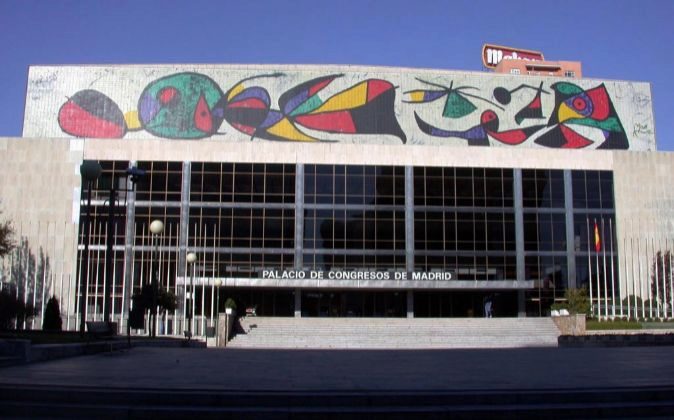
Adios Spain for UNWTO?
According to media reports and eTN sources, UNWTO may be on its way to a new home in China or Georgia.
UNWTO’s home has been in Madrid, Spain since 1974, and Spain has been enjoying a permanent seat in the UNWTO Executive Council as a host.
A move planned for a new home within Madrid for the only U.N. agency in Spain may not materialize due to increasing conflicts between the World Tourism Organization and the Spanish Ministry of Tourism under the leadership of Maroto Reyes, minister of Industry, Trade, and Tourism of the Sánchez government
The official version of the issue is Congresos de la Castellana, The Palace was closed in 2012 due to a security issue.
A year ago at FITUR 2018 the former Minister of Energy, Industry and Tourism Álvaro Nadal, the Mayor of Madrid Manuela Carmena and the Executive President of Ifema (an institution controlled by the City Council, Community and Chamber of Commerce) Clemente González announced that the ministry would transfer the management of the palace to the trade fair institution for 50 years and that in one part of the building UNWTO would be located.
In November 2018 the new minister of industry, tourism, and commerce Reyes Maroto and Turespana had reversed this decision and wanted open the lease for public bidding. FITUR and UNWTO had not submitted their tender and UNWTO Secretary-General Zurab Pololikashvili is supposed to make an announcement at FITUR 2019. This tourism trade fair will be taking place in Madrid January 23-27.
It would take 50-60 million Euro and 12 months to renovate Palacio de Congresos de la Castellana. The building has 40,000 square meters and is opposite the Santiago Bernabeu, a stadium joined by a catwalk during the 1982 World Cup. According to eTN sources the lease at the current UNWTO building expires in June 2019.
China may be a possible new host for UNWTO. At the last UNWTO General Assembly in Chengdu, China celebrated the creation of the World Tourism Alliance, a China-style Global Tourism Organization. If China would now also become the host for UNWTO, it would have a guarantee of a permanent seat in the decision making Executive Council of UNWTO. This very well would complete Chinas move to secure their leading positioning in the world tourism leadership.
The second rumor: UNWTO Secretary-General Zurab Pololikashvili is finalizing a plan he had all along. This plan was to create a situation in Spain and find a reason to pack up UNWTO and move the organization to his home country Georgia.
eTurboNews reached out to UNWTO, the Minister of Tourism and TourSpain for comments. So far there was no response.
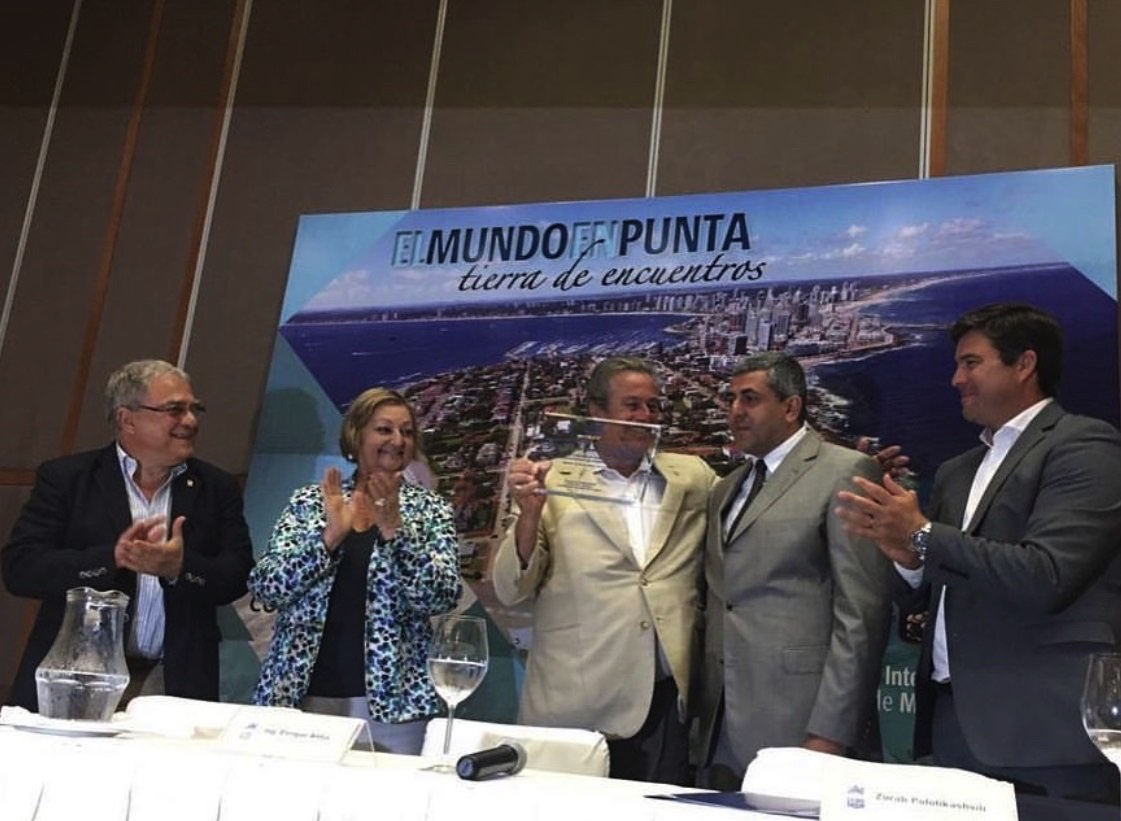
First destination management organization in the world awarded UNWTO.QUEST Certification
The World Tourism Organization (UNWTO) has granted UNWTO.QUEST Certification to the Punta del Este Convention Bureau, which became the first destination management organization in the world to receive this certification.
The Punta del Este Convention Bureau, a UNWTO Affiliate Member, participated in the UNWTO.QUEST Certification pilot project that was created to advance excellence and quality in strategic leadership, management and governance in destination management organizations (DMOs).eTN Chatroom: Discuss with readers from around the world:
Throughout the process, the UNWTO—through the UNWTO Academy—accompanied the DMO in a process of constant improvement with a tailor-made training plan, which enabled the institution to reinforce its internal capacities and governance, and successfully meet the standards and criteria of UNWTO.QUEST Certification, thus contributing to the competitiveness and sustainability of Punta del Este as a tourism destination.
The UNWTO.QUEST Certification awarded by UNWTO Secretary-General Zurab Pololikashvili to the Punta del Este Convention Bureau is an example of the UNWTO’s commitment to its Member States and Affiliate Members in the areas of governance and quality.
UNWTO Secretary-General congratulated the private sector, the local authorities and the Uruguayan Government for their exemplary collaboration, underlining the role of the Punta del Este Convention Bureau: “This distinction is a testament to the work of the Punta del Este Convention Bureau and its support for the continuous improvement of quality and excellence in the planning, management and governance of tourism development of destination management organizations.” He added that “through capacity building at all levels, we are also driving innovation, aware of our contribution to the achievement of the Sustainable Development Goals”.
Among the decisive factors for the realization and implementation of the project were the close collaboration and the joint efforts between the Government of the Department of Maldonado with the private sector (Destino Punta del Este and Liga de Fomento y Turismo de Punta del Este, among other entities), as well as with the Municipality of Punta del Este, with the support of the Ministry of Tourism of Uruguay, demonstrating once again the maturity of the working relationship between the public and private sectors.
“This is the culmination of a momentous stage for tourism in our country, and particularly for its main tourist destination that is Punta del Este. Nearly 8 years after starting the process, with input from hundreds of public and private actors, the UNWTO’s certification in its area of specialization has arrived; it is the visible result of an effort that will enable us to provide renewed momentum to our ideals and our hopes and to improve the quality of life of our citizens and the services enjoyed by the more than 4 million visitors that arrive each year to our country, through governance and a vision that looks out to 2030,” said the Minister of Tourism of Uruguay, Liliam Kechichián.
Nicolás Kovalenko, President of the Punta del Este Convention Bureau, expressed great pride in receiving this certification from the World Tourism Organization: “All the efforts made were worth it; in this journey, many people from public and private institutions planted the seeds that today have resulted in Punta del Este’s achievement of this certification. This distinction gives Punta del Este the great responsibility of being the architect of its own destiny. I am fully convinced that we will be up to such a challenge.”
UNWTO.QUEST is a strategic tool aimed at destination management organizations in order to enhance their performance and strengthen their governance and institutional capabilities.
